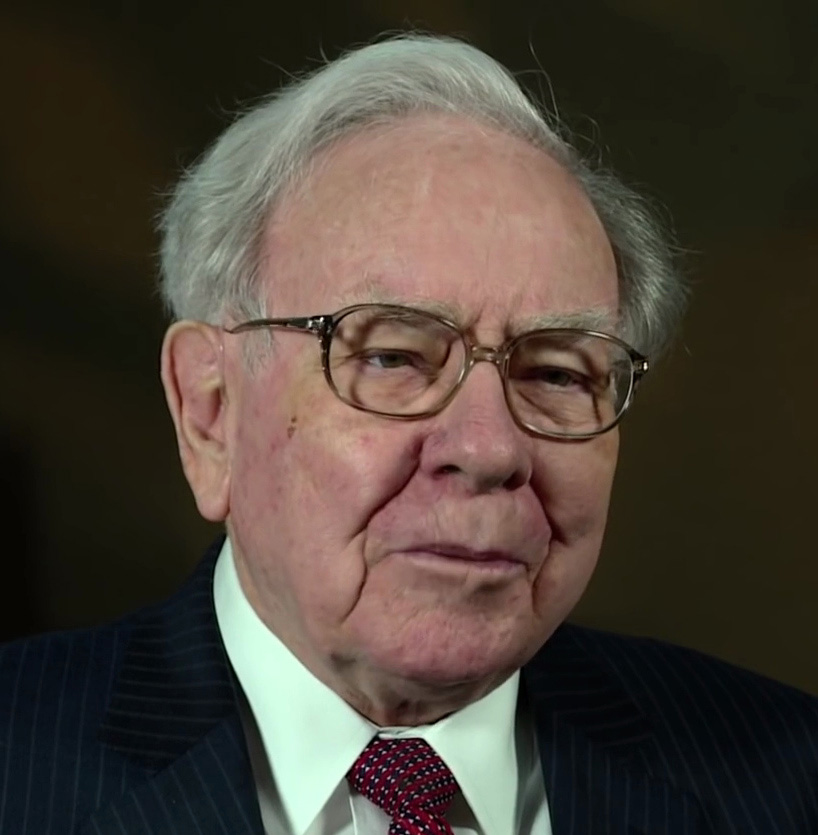Skip to content
Skip to sidebar
Skip to footer

In IMC, consistency is everything. If a CEO reacts emotionally to every trend, competitor move, or PR crisis, they risk diluting the brand message. Emotional overreactions can lead to impulsive campaigns, inconsistent tone, and confused audiences.
Lesson: Create a long-term brand strategy and stick to it, even during turbulence. Measure before you move.
Managing emotions doesn’t mean being emotionless, it means knowing which emotions to project and when. In branding, CEOs should ensure campaigns evoke the right emotions in audiences without letting personal biases dictate the brand’s communication style.
Lesson: Let audience insights, not personal mood swings, shape brand tone and content.
When a brand faces backlash or a market shift, panic-driven statements or rushed ads can worsen the situation. IMC teaches that calm, clear, and consistent communication builds trust during crises.
Lesson: Have a crisis communication playbook that helps you respond with control and alignment to brand values.
Marketing budgets can be wasted if CEOs chase every “viral” trend without calculating ROI. Like money management, brand communication investments must be grounded in data, not emotion-driven excitement.
Lesson: Use analytics, market research, and brand objectives as decision filters for every campaign spend.
When emotions dictate brand communication, you risk shifting tone, style, or positioning too frequently. IMC emphasizes that consistent messaging across all channels builds trust and recognition.
Lesson: Control internal emotional turbulence to keep the brand’s voice steady and recognizable.